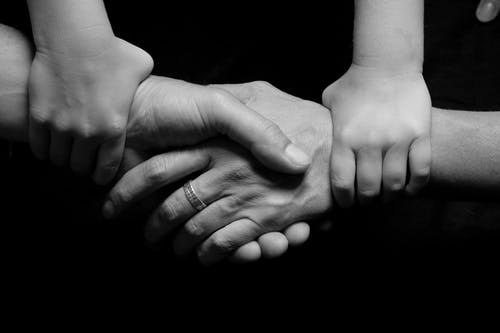The role assumed by the parent goes a long way in the recovery of an addict. You often find parents assuming certain roles such as being overbearing or too caring as coping mechanisms. There is a tendency for parents to feel angry, guilty, tired, ashamed, afraid or even fed-up, sparking communication barriers, this could be however detrimental.
As a parent, supporting your children is the foremost thing to do. Your job is to be their advocate, crying shoulder, and cheerleader when they need it most even on days you do not feel motivated to.
Many parents have a preconceived idea towards addiction and believe it is a choice, yes initially but overtime it’s beyond their control. Parents therefore need to educate themselves on mental issues, be less critical and judgemental.
Maintaining constant and effective communication throughout their treatment and recovery is also very helpful. Not excluding them from family activities like barbeques, picnics, parties and so on can make them feel more welcome and less self-conscious.

Parents have to also be mindful of being an example of strength for their children. By making positive lifestyle changes in yourself, getting help, including a positive outlook, you can better help your son or daughter through the recovery journey. Joining family support groups to protect your mental health and make you better equipped to handle your child.
Certain family issues contribute to or worsen addiction such as relationship problems, financial struggles, unresolved past issues, personality conflicts, anger and resentment. All of the above issues cause stress and tension in the home and could be triggers for those with active addictions. It is therefore up to the parent to put the home in order and make it a healthy space for their child’s recovery.